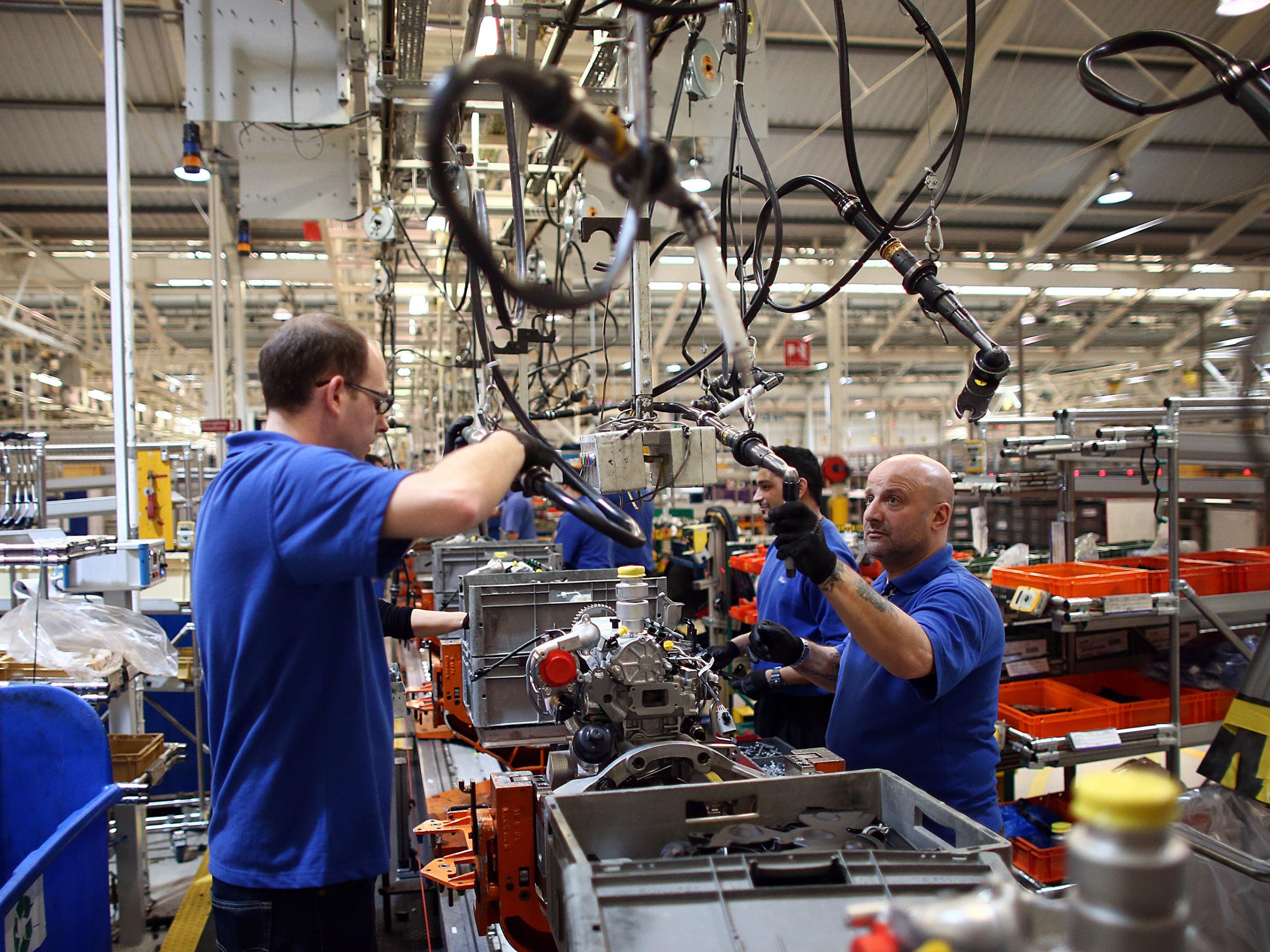According to India’s Frontline magazine, anecdotal evidence from Chennai, Hyderabad, Bangalore, Pune and other cities suggests that a number of large IT service companies are shedding thousands of jobs as artificial intelligence, automation and deep learning technologies replace humans.
Bangalore’s outsourcing businesses may be on the wane, but cities like Hangzhou may indicate its best course for the future.
PUBLISHED : Tuesday, 10 October, 2017, 10:00am.
UPDATED : Tuesday, 10 October, 2017, 10:00am.




